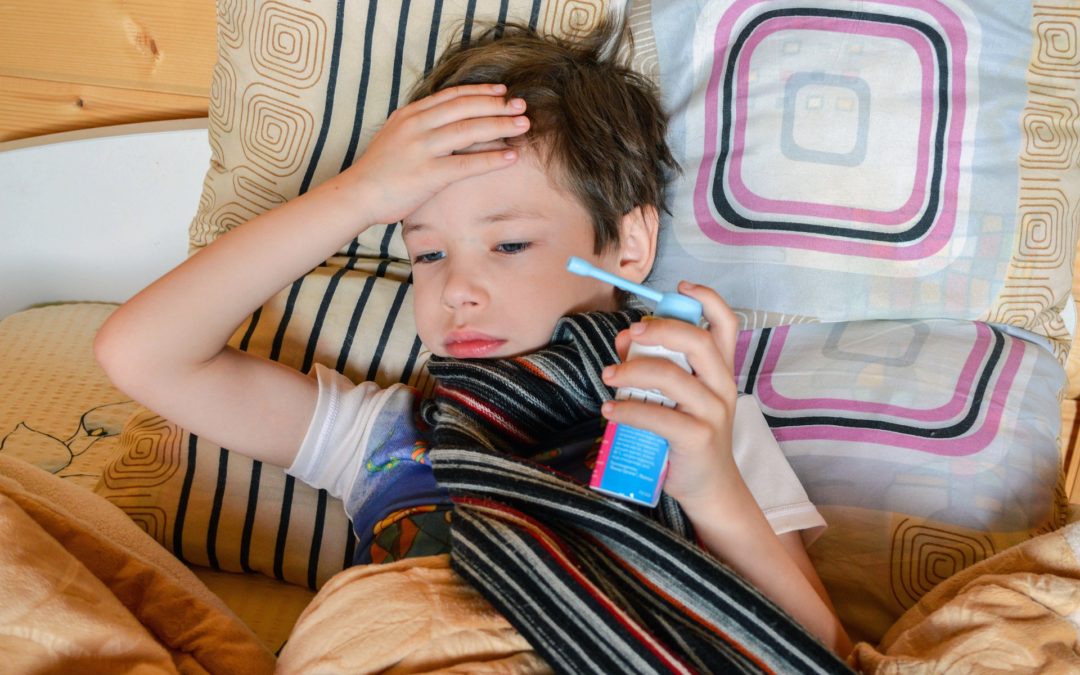From the moment they’re born, children are like sponges, soaking up knowledge in every waking moment. As they grow up they continue to learn from friends and family, books, television and at school.
But their most important teachers are you and their mum. You are the most significant people in their life with the power to teach, encourage and support them right from the start.
To help you make the most of this privileged position, here are five skills you can teach your son or daughter, each of which will make a fundamental difference to their life.
MONEY SKILLS
Helping your children learn about money is a really important life skill.
You can start by just exploring money with them, different coins, how much things cost, how you get money to pay for things. It is also a good opportunity to explain why we can’t just buy everything we want, and why saving money is important to buy more expensive things.
Even a simple trip to the supermarket is an opportunity to support your child to learn about reading and comparing prices, seeing how similar goods can cost different amounts, and so on.
If your children get pocket money, you can also use this as a way to explore the benefits of choosing to save some of it, or even work with them to identify something they would like and how they can save up for it. As they get older you may want to link their pocket money to chores, or even given them opportunities to earn bonuses for helping out more – all great ways to instil a sense of control and responsibility about money.
COOKING
Teach them the basics from an early age and they’ll grow up not being afraid of the kitchen, and be able to master some basic recipes which they will be able to cook for themselves, and possibly even you
- Show them how recipes work, the ingredients list and how to follow the method
- Show them how to weigh and measure ingredients
- Get them active with mixing ingredients, tearing or chopping where you can make sure they are safe to do so.
- Get them involved in cooking with foods which they are not keen on, as this will make it more likely that they will try them.
Some simple things you can makes together include:
- Pizzas – let them experiment by adding different toppings.
- Fairy cakes or gingerbread biscuits – give them control of the decorating!
- A simple fruit salad – a great way of teaching your child about different fruit, and getting them to taste some new ones as you prepare it together! Perhaps even let them choose a new piece of fruit at the shop to add and try, or grow your own so they can learn about where it comes from!
IT SKILLS
These days, children are picking up IT skills very quickly as technology tends to have a greater daily role in our and their lives through smart phones, pads, and so on.
There are lots of age-appropriate games and apps which you can let your children use, which will start to give them some basic IT skills, alongside others such as language or numerical learning.
There are different opinions on when is best to introduce children to using technology. The American Academy of Paediatrics (AAP) announced new guidelines in 2016, and recommended that children have no screen time before the age of 18 months, and after this it should be limited to video chatting with friends/family or watching ‘high quality’ programmes.
They suggest that two-to five-year-olds should be limited to one hour of screen time a day, and “media free times” should be created by parents.
They also highlight how using these devices should be done in a similar way as you would reading a book – repeating key words, discussing what is happening, pausing them to look at something close – rather than using the device as a ‘babysitter’
As children get older, then it becomes more appropriate to show them how to use computers for some basic tasks, such as:
- How to use the mouse/cursor to select what they want to do
- Practicing writing different words with a word processing programme
- Researching on the internet, and discussing online safety
Once your child is using the internet at home, you may wish to consider having the computer in a place where you can see what they are accessing, and also installing parental controls to help keep them safe.
MANAGING CONFLICT
Disagreements and arguments are part of everyday life. And the best way for your kids to learn how to manage them is through your example. “Kids watch what their parents do,” says Suzie Hayman from Parentline Plus.
“If you shout and scream, that’s what your kids will do. So you need to be able to talk, negotiate, listen and explain yourself – with other adults and your children. Then they’ll learn to manage conflict in the same way.”
Fighting fair: managing conflict without destroying your relationship
PUBLIC SPEAKING
In the US, and increasingly in the UK now too, they help kids develop public speaking skills from an early age, with regular show-and-tell sessions at school.
Here are some tips to build your child’s confidence at speaking in public:
- Encourage them to put on fun informal shows at home – they may dress up and act out different stories, or make up a dance, sing a song, etc – this is all about getting them used to being in the spotlight.
- Expand this out so they also perform for friends or family, or even just telling them about a recent sporting event or school activity.
- Get them to write down or draw, what they are or want to say, or to take some props – these aids can help them to plan and remember what they want to talk about.
- Encourage them to look up and speak slowly and clearly.
- If they have to speak at school, give them lots of time and support to practice at home to build their confidence.








